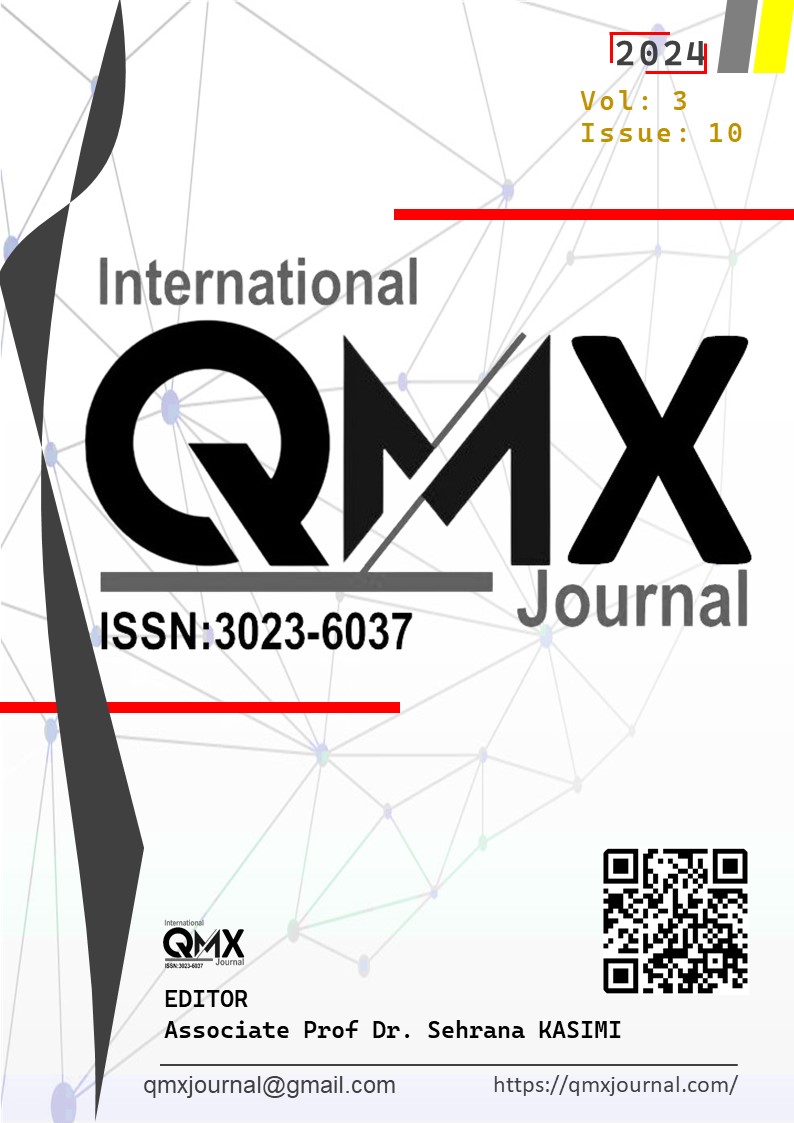Author :
Abstract
Bu makalede, geleneksel ve modern eğitim modellerinin karşılaştırmalı analizi yapılmıştır. Geleneksel eğitim, öğretmenin merkezi olduğu, bilgi aktarımının tek yönlü olduğu ve öğrencilerin pasif roller üstlendiği bir yapı sergilemektedir. Bu model, tarihsel olarak köklü bir geçmişe sahip olup, bilgi edinmeyi ön planda tutarken bireylerin eleştirel düşünme ve sosyal becerilerini geliştirmelerine yeterince fırsat sunmamaktadır. Öte yandan, modern eğitim, öğrenci merkezli bir yaklaşım benimsemekte ve etkileşimli, yenilikçi yöntemler kullanmaktadır. Bu modelde öğrenciler, aktif katılımcılar olarak konumlandırılmakta ve öğrenme süreçlerine kendi ihtiyaçları doğrultusunda yön vermelerine olanak tanınmaktadır. Geleneksel eğitimde öğretim yöntemleri genellikle ders anlatımına dayanırken, modern eğitimde proje bazlı öğrenme ve grup çalışmaları gibi katılımcı yöntemler ön plana çıkmaktadır. Eğitim ortamları da, geleneksel modeldeki statik yapıdan, modern eğitimde esnek ve etkileşimli alanlara dönüşmüştür. Değerlendirme yöntemleri açısından ise, modern eğitim, öğrencilerin sosyal becerilerini ve yaratıcılıklarını ölçmeye odaklanırken, geleneksel eğitim daha yüzeysel bir yaklaşım sergilemektedir. Sonuç olarak, bu çalışma, eğitimdeki değişimlerin bireylerin öğrenme süreçleri üzerindeki etkilerini vurgulamaktadır
Keywords
Abstract
In this article, a comparative analysis of traditional and modern education models is made. Traditional education exhibits a structure in which the teacher is centralized, knowledge transfer is unidirectional and students assume passive roles. This model is historically rooted and does not provide enough opportunities for individuals to develop critical thinking and social skills while prioritizing the acquisition of knowledge. Modern education, on the other hand, adopts a student-centered approach and uses interactive and innovative methods. In this model, students are positioned as active participants and are allowed to direct their learning processes in line with their own needs. While teaching methods in traditional education are generally based on lectures, modern education emphasizes participatory methods such as project-based learning and group work. Educational environments have also transformed from static structures in the traditional model to flexible and interactive spaces in modern education. In terms of assessment methods, modern education focuses on measuring students' social skills and creativity, while traditional education takes a more superficial approach. In conclusion, this study emphasizes the effects of changes in education on individuals' learning processes.





